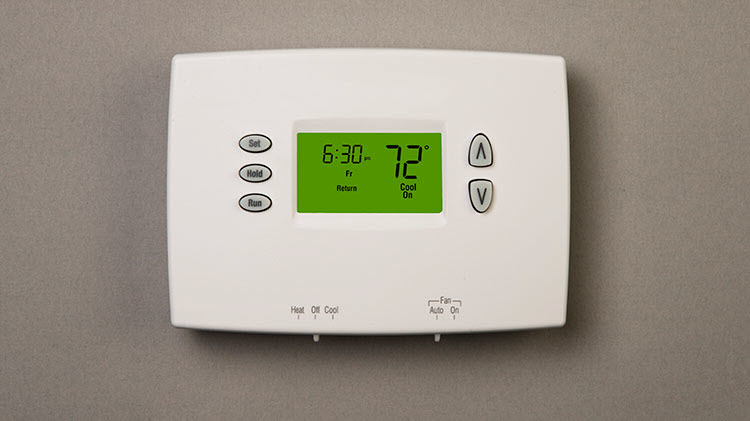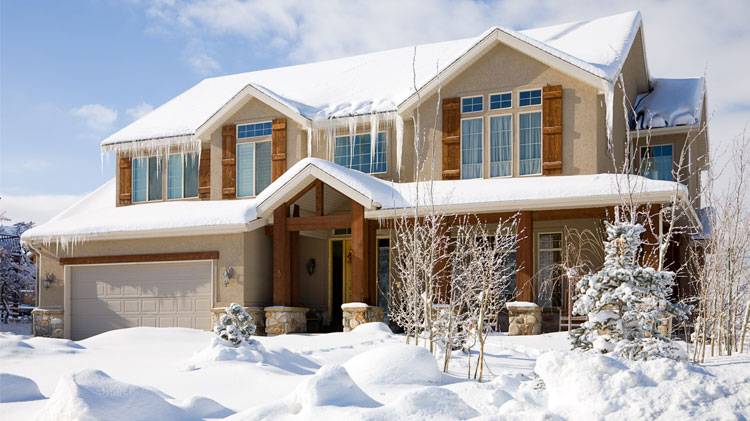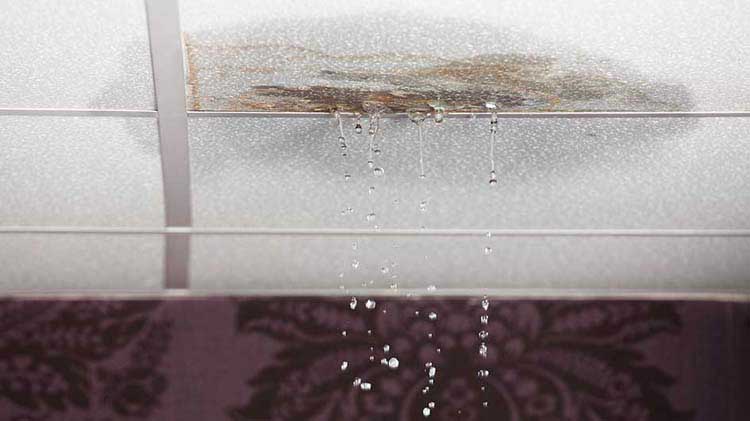Smart home energy savings
Check out these ideas for how to save on energy bills and use less.
Tips to help trim your energy bills
If you’re asking yourself how you can save some money, there are plenty of ways to save energy and help put some cash back in your pocket. Unplugging electronics, proper seals, lowering the temperature on the hot water heater and investing in energy saving smart home devices are just some ways that could help.
Unplug unused electronics and small appliances
According to Trulia, those electronics and small appliances that you only need for part of the day, like the microwave, phone charger and coffee maker, for example, consume a whopping 10% of your yearly energy costs. Use them, then unplug if possible. Then take a look around your home – what’s plugged in that isn’t being used? Pull that plug!
Only run your major appliances (like your dishwasher and your washer and dryer) during "non-peak hours" — pre-specified times typically associated with lower demand. Check with your utility company for the details. And try to run only a full load.
Check seals on doors and windows
Just a slim gap of 1/8 inch around a door frame is about the same as having a 2.5-inch hole in a wall to the outside. To find out which doors and windows are contributing to your high energy bills, you can look for visible cracks or simply feel for air by placing your hand along all edges and corners. If you feel air or see light through a crack, consider sealing with plastic insulation kits, adding more weather stripping around the doors or re-caulking windows. Learn about more ways to help make windows more efficient.
Turn down your water heater
One of the biggest energy hogs in your home might surprise you: your water heater. Many are set to 140 degrees Fahrenheit, but 120 degrees Fahrenheit works well for daily needs. And turning down your water heater by just 10 degrees could save you $400 or more annually.
Water saving ideas
Find and fix leaky faucets — every drop adds up and costs you money. Be sure to turn off the water while brushing your teeth — no need to let that water run without being used.
How about shaving off just a few minutes from your shower time — three minutes could save about 7.5 gallons or water! And that showerhead — consider replacing it with one that has a WaterSense label and it could save you about 2,700 gallons of water a year which translates to money saving.
Utilize energy saving smart home devices
Technology continues to pay real dividends for homeowners, particularly when it comes to ways to save on energy bills. Smart lighting options enable you to check whether you left lights on when you're away from home, and smart blinds let you open and close window coverings to take advantage of sunlight or keep out nighttime drafts.
Use natural light
An easy way to conserve energy at home is to use natural light. Open the curtains and let the sun in to help light those areas used most in your home. That sunlight could even help warm your home in the winter. You can buy lightweight curtains or blinds to give you some privacy while letting in the natural light.
Seasonal energy tips
Use a timer for Christmas or decorative lights. LED lights last longer and save money according to energy.gov. Try to turn off all holiday lights at night and when you’re not home.
Look at these tips to help save money on winter energy expenses and winterize your home wherever you live.
Ideas for long-term energy bill solutions
Get an energy audit or assessment
Your utility company typically offers these for free, and they'll visit you in your home to help identify key areas to upgrade to save energy at home. They may suggest boosts in under- or uninsulated areas, as well as offer suggestions on a new HVAC system, too.
Install a smart thermostat
A smart thermostat will change the temperature based upon the schedule you pick within the thermostat. Or you might use an app to control the temperature when you’re not home. Some thermostats have sensors that can be installed in different rooms so that each room can have its own temperature (if the air conditioner and heater are installed to accommodate this type of activity).
Swap out your light bulbs
Simply replacing standard light bulbs with energy efficient bulbs can help save you money on your energy bill, and they last much longer!
Plant some shade
Position new trees on the north and the west to block the coldest winds and summer's most punishing rays. In addition, consider planting new trees that shade HVAC units to help reduce air conditioning costs.
Replace inefficient appliances
An Energy Star certified dishwasher, over its average lifetime of about 12 years, can save as much as 3,800 gallons of water. And a certified washing machine uses about 30% less water and 20% less energy. All these savings can add up to more money in your pocket.




